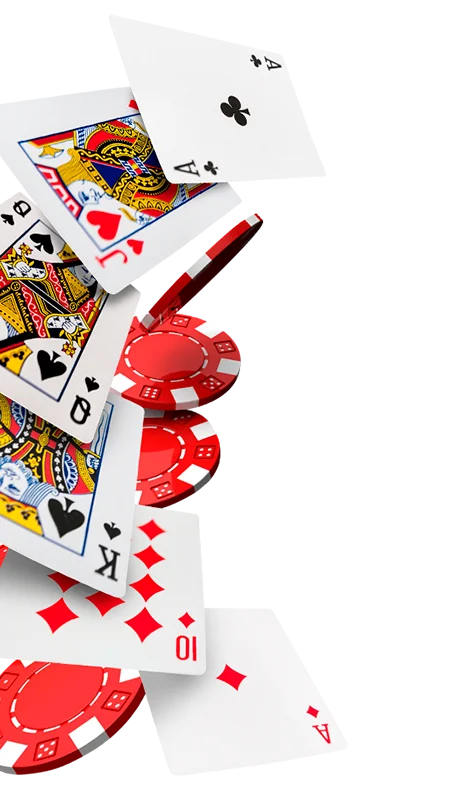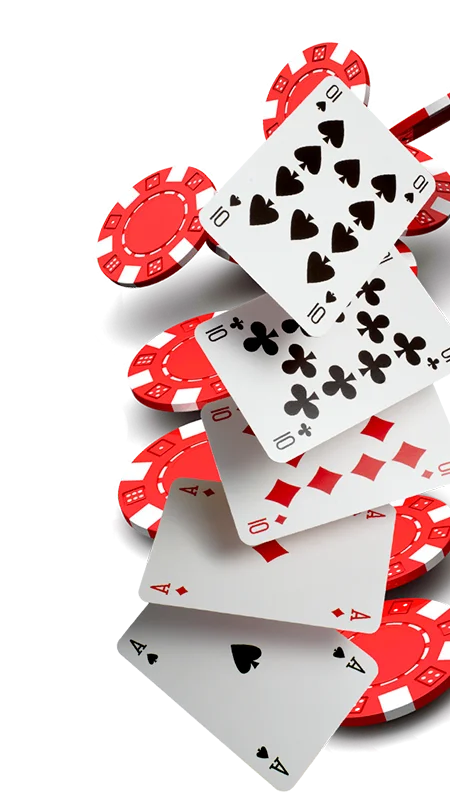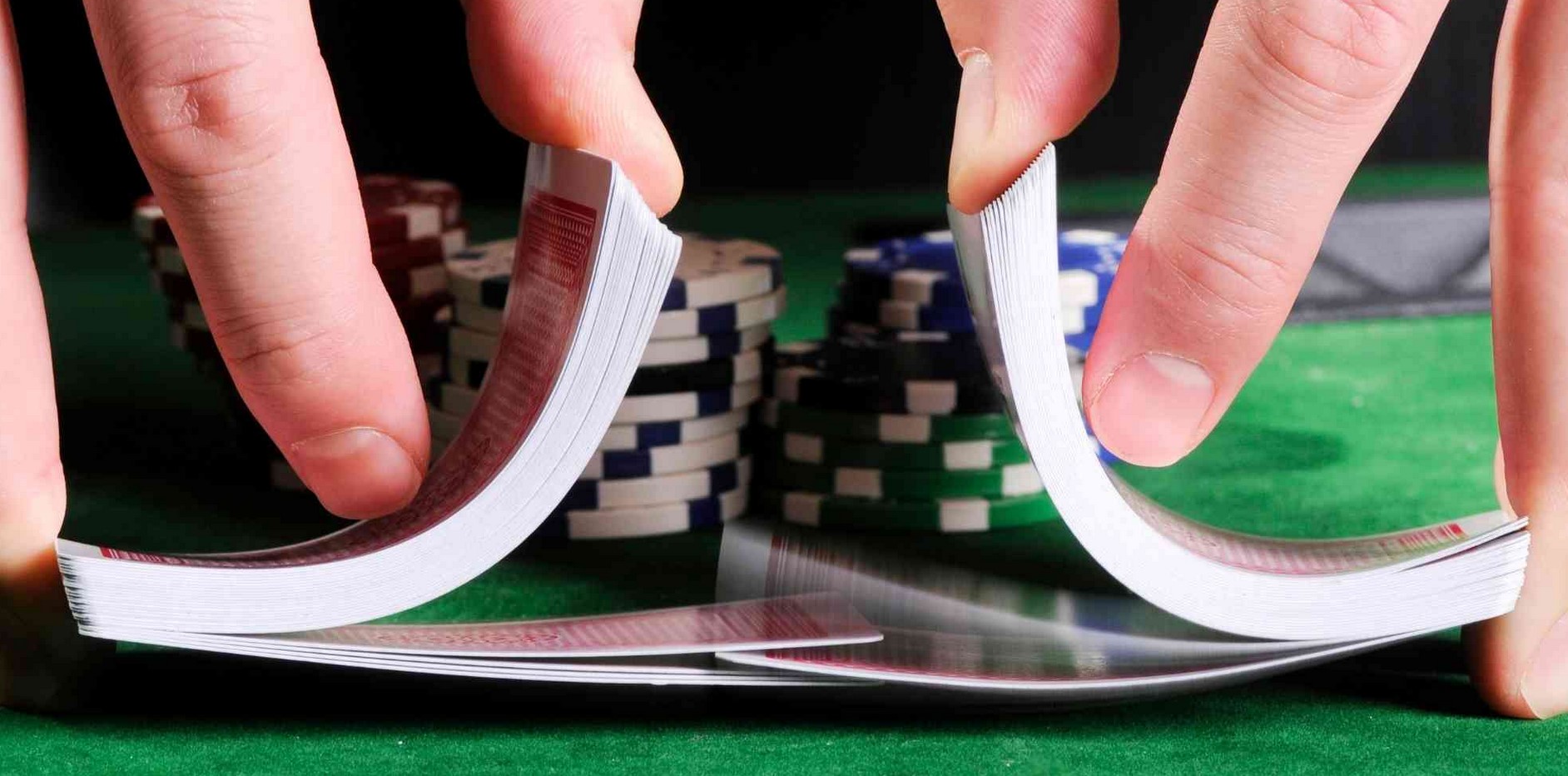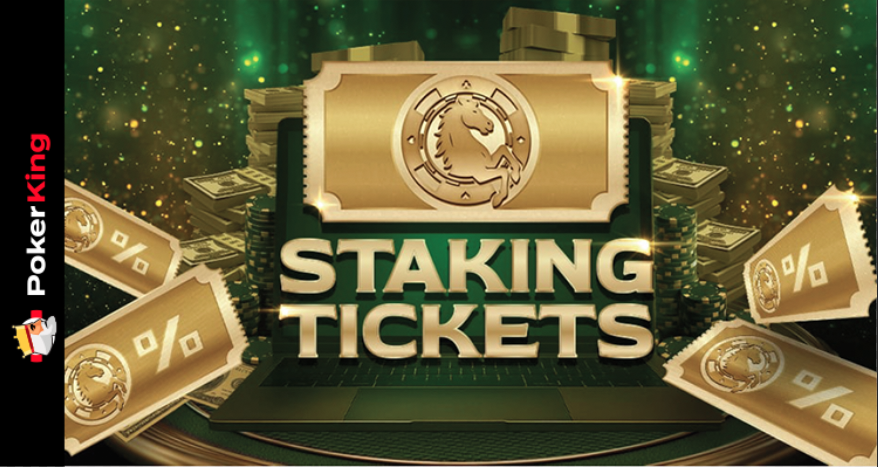

How to count cards in poker: tips and tricks for success

The first and most important thing to keep in mind if you want to know how to count faces in poker is that, as much as it is said and affirmed by some players, this is not a 100% reliable method. In order to count the cards and get an idea of which ones are still to come out, you will have to do it without knowing which cards your opponents have in their hand, therefore, the result you get will be approximate. In the end, what you have to do is to match the unknown cards with the calculation you make. You must take into account, therefore, the burned cards, the discarded cards, those of the opponents and those that are still to come out.
In this article we explain how to count cards in Texas Hold'em and Omaha poker, the two most popular poker modalities. If you want to know how to do it, keep reading this article.
How to count cards in poker? What you should keep in mind
The first thing you should keep in mind is that poker is played with the English deck, which has a total of 52 cards. The poker deck is also divided into 4 suits which are spades, diamonds, clubs and hearts and each suit has, in turn, a total of 13 cards (from ace to king). Well, the next thing to keep in mind is that the count will vary depending on the poker modality you play. So, if you want to know how to count cards in Texas Hold'em poker you have to consider that you will start with a total of 2 cards in your hand (private), which are dealt after the blinds, and 5 community cards on the table (which will be dealt along the table: the first three on the flop, the fourth on the turn and the fifth on the river). In the case of Omaha poker, the rules are the same, but with the difference that, instead of 2 private cards, you will have 4.
This is of vital importance because depending on the poker modality and the street -or round- in which you are, you will have to make your calculation on one amount or another, since you will have more or less information of the cards in the deck and this is essential to know the outs, as we will see below. In summary, keep in mind that the following influences:
- The poker deck has a total of 52 cards.
- Depending on the poker modality (Texas Hold'em and Omaha) you can know 2 private cards or 4 private cards, respectively.
- Depending on the street you are on, you can know 3 community cards (Flop), 4 community cards (Turn) or 5 community cards (River).
Counting cards in poker: steps to learn how to do it

When you are going to make your calculations you must keep in mind that these must be based on the cards that remain to be revealed, but this also depends on what the opponents have in their hand. Therefore, your options to know the missing cards depend on the cards that have been discarded, the ones that have been burned and the ones that can still appear -even if they are actually in the hand of some of the opponents-.
To start with the strategy of how to count poker cards you must start from the logic that there are 4 different cards of each number (because they are 4 different suits). This will help you to know the cards that may be left to appear. So, if what you are looking for is a pair, the value of the cards left is 3; if you have a pair and you are looking for the three of a kind, the value of cards left is 2; and if you are looking for poker and you have three of a kind, the value left is 1. From here, we can start to calculate our options. These are the steps you must follow:
- To the deck you will always have to subtract 2 cards that correspond to the private cards (in case you want to know how to count cards in Texas Hold'em poker) or 4 (if it is in Omaha). You must also subtract the community cards you have seen (if it is on the flop you will be left with 47, in the case of Hold'em, and 45 in the case of Omaha; while if it is on the turn you will be left with 46, in the case of Hold'em, and 44 in the case of Omaha).
- Take into account the combination you are looking for and the cards you have. For example, if you are looking for a pair, you will have 3 cards (because you only know 1 of the 4 suits, which corresponds to the card you have). If you are looking for a color and you have four spades (between private and community), for example, you will be worth 9 cards because each deck has 13 cards. The combinations vary, therefore, depending on each project and the street you are in.
- Based on this, calculate the outs and odds.
Counting poker cards: outs and odds
The outs are known as the sum of all the cards that can complete a project or a hand and that have not yet appeared. That is to say, the cards that may be left in the deck to come out to complete the project. The odds, on the other hand, correspond to the probabilities of these cards coming out. The formula is as follows: odds = outs / possible cards. The possible cards, in this formula, are those that can appear on the next street or round. So, you would have to add the cards you know (counting the private and community cards) and subtract it from the total of the deck, these would be the possible cards. If you are on the flop, then your calculation should focus on the future turn, in which case a single new card will be revealed (the fourth community card). The percentage you will get by performing the formula (dividing the outs by the possible cards) corresponds to the odds that the next card to appear will be the one you need. This is the procedure you must follow to count cards in poker.
You may also like

Leo Margets Shines at WSOP Circuit Marrakech with a Fourth-Place Finish in the High Roller
Leo Margets Shines at WSOP Circuit Marrakech with a Fourth-Place Finish in the High RollerSpanish poker continues to shine on the international stage, this time with Leo Margets in the spotlight. T...

Poker rooms Spain: which are the best?
Playing poker online is for many the best way to enjoy direct action and test their poker skills. But it is not enough to just start playing: you have to know how to choose the right room, and an a...

Understanding Rake and Its Impact on Your Profits
Understanding Rake and Its Impact on Your ProfitsPoker Economy: Understanding Rake and Its Importance for Your ResultsRake is one of the most impactful components of poker profitability, yet it rem...













